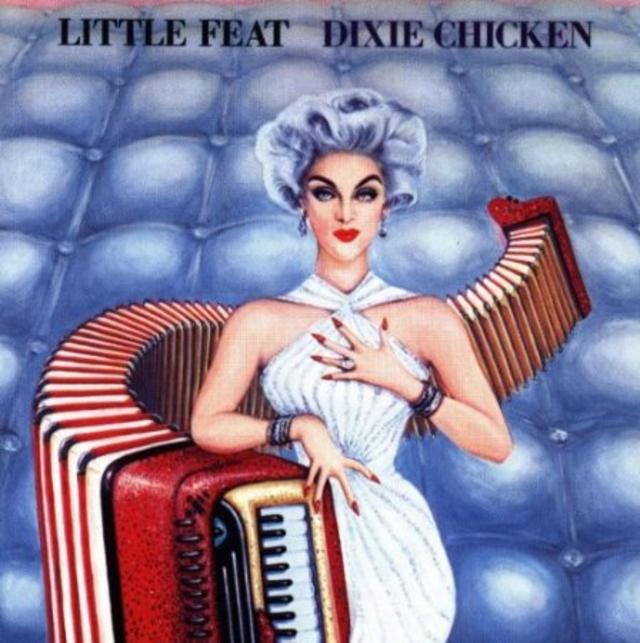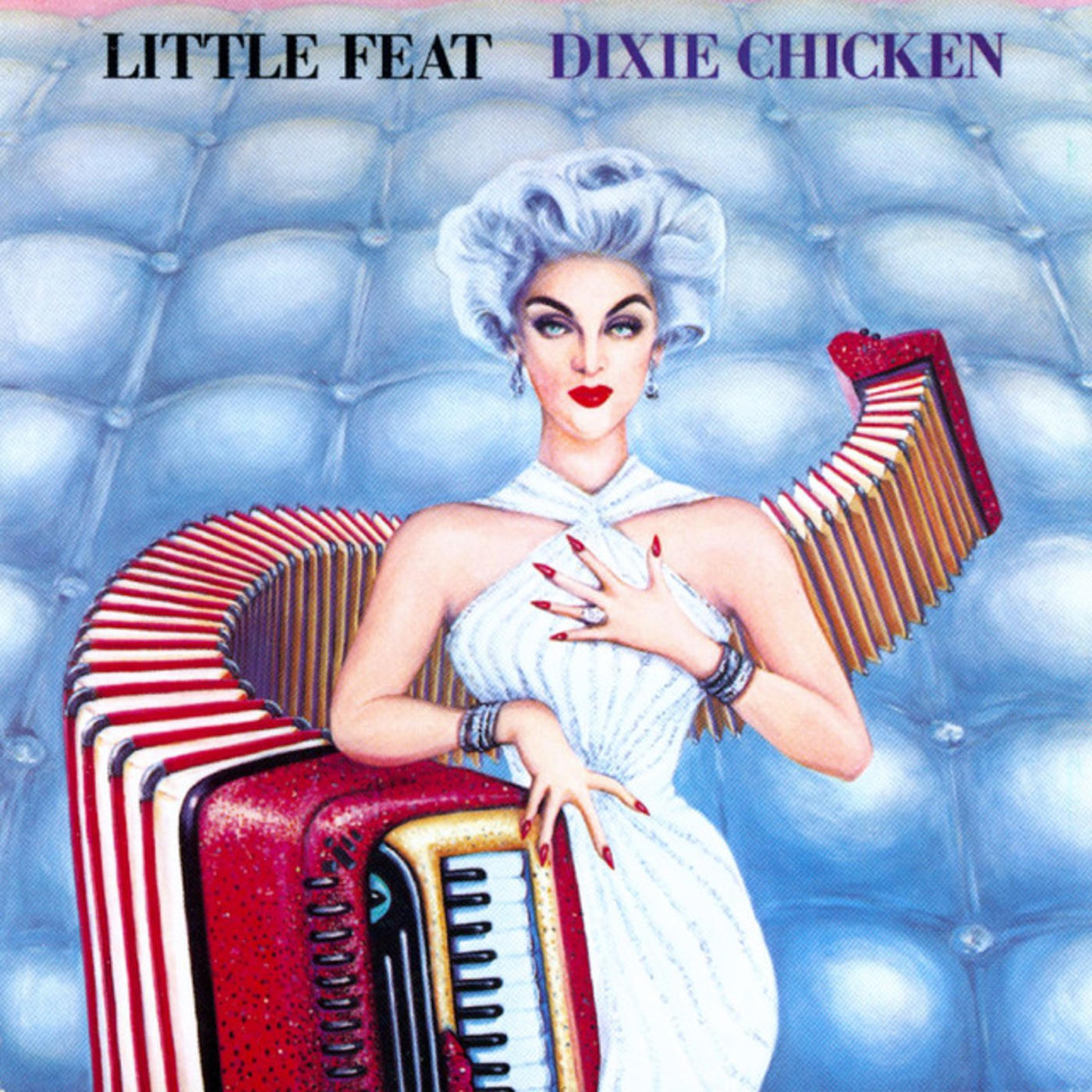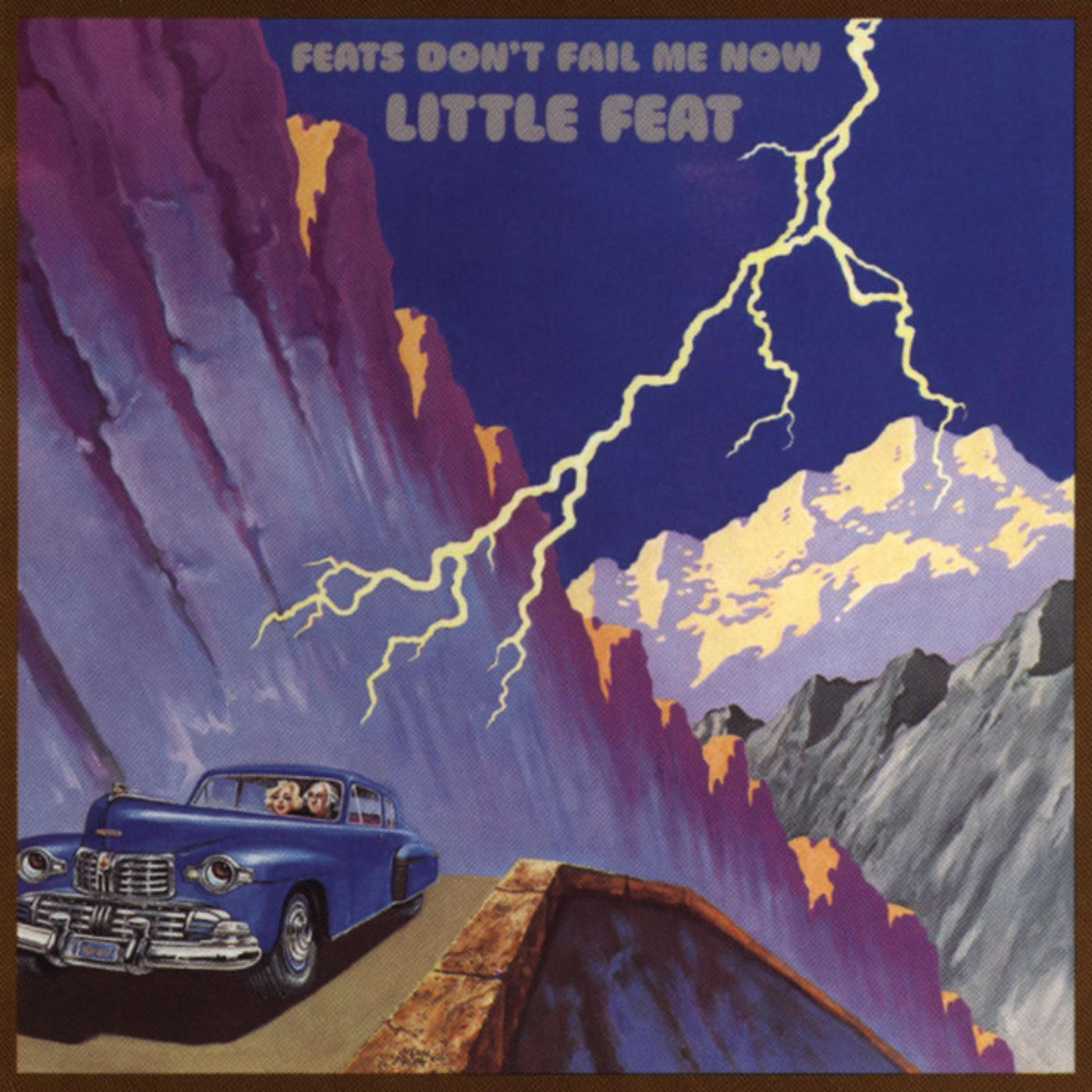Happy Anniversary: Little Feat, Dixie Chicken

43 years ago today, Little Feat released their third album, and although it neither made the Billboard Top 200 nor provided the band with a hit single, it's generally considered by both critics and fans to be as perfect a representation of the band's sound as they ever achieved in the studio.
In looking back at Little Feat's discography, the songs on the band's self-titled debut don't really resemble anything else in their back catalog, but if their sophomore effort, Sailin' Shoes, found them starting to cultivate something that could truly be called “the Little Feat sound,” then Dixie Chicken was the album where they defined that sound perfectly. Indeed, if you wanted to sum up Little Feat in a single song, the title track is arguably the best possible choice you could make on that front.
Why was the band's sonic change seemingly locked in with Dixie Chicken? Mostly because the band's lineup actually managed to stay consistent from this album on through the remainder of their recordings with frontman Lowell George: guitarist Paul Barrere, bassist Kenny Gradney, and percussionist Sam Clayton joined George, drummer Richie Hayward, and keyboardist Bill Payne, and the end result was, for lack of a better phrase, the definitive Little Feat lineup. When Payne spoke to Rhino a few years ago, however, he dismissed the perception that it was the first time the band was truly firing on all thrusters, suggesting instead that the new musicians had simply led to a different thrust.
One of the things that Lowell and I talked about in the beginning was keeping a rather open attitude to who might be in the band. So if we wanted to add horns, if we wanted to add another guitar, if we wanted to do this or that… It was a vehicle to play a lot of different types of music, which I really thought was a great idea. And that's what I wanted to do anyway, 'cause why limit yourself to a certain style? We didn't even know what our style was! That's what you do as an artist: you try and figure out who you are. Like, it's cool if you're just playing the blues. If that's what you're acclimated to do, there's no harm, no foul in that. But blues was part of what we were doing, country was part of what we were doing, rock was part of what we were doing, as was R&B. We were designing it up and down from there, and it was a wonderful palette to paint from.
So we had Kenny Gradney and Sam Clayton, both from Delaney and Bonnie's band, and we had Paul Barrere, who auditioned to play bass for us, but he'd known Lowell from Hollywood High. Paul and his brothers went to Hollywood High before most of 'em were thrown out. So there was a history with those cats, and…I thought that was cool. The New Orleans [sound] just sort of came in the door through Clifton Chenier, Professor Longhair, and some of that. But Kenny and Sam were both born in New Orleans. I was born in Texas. We weren't usurpers of anything. We were taking influence, which was… The core of what made Little Feat was and what it is today is the ability to absorb influences outright or to mix 'em in with other influences and come up with material. It's pretty much that simple.


